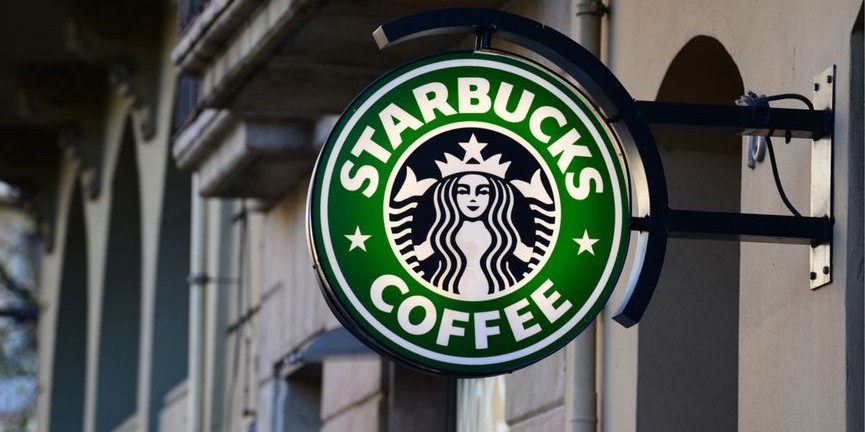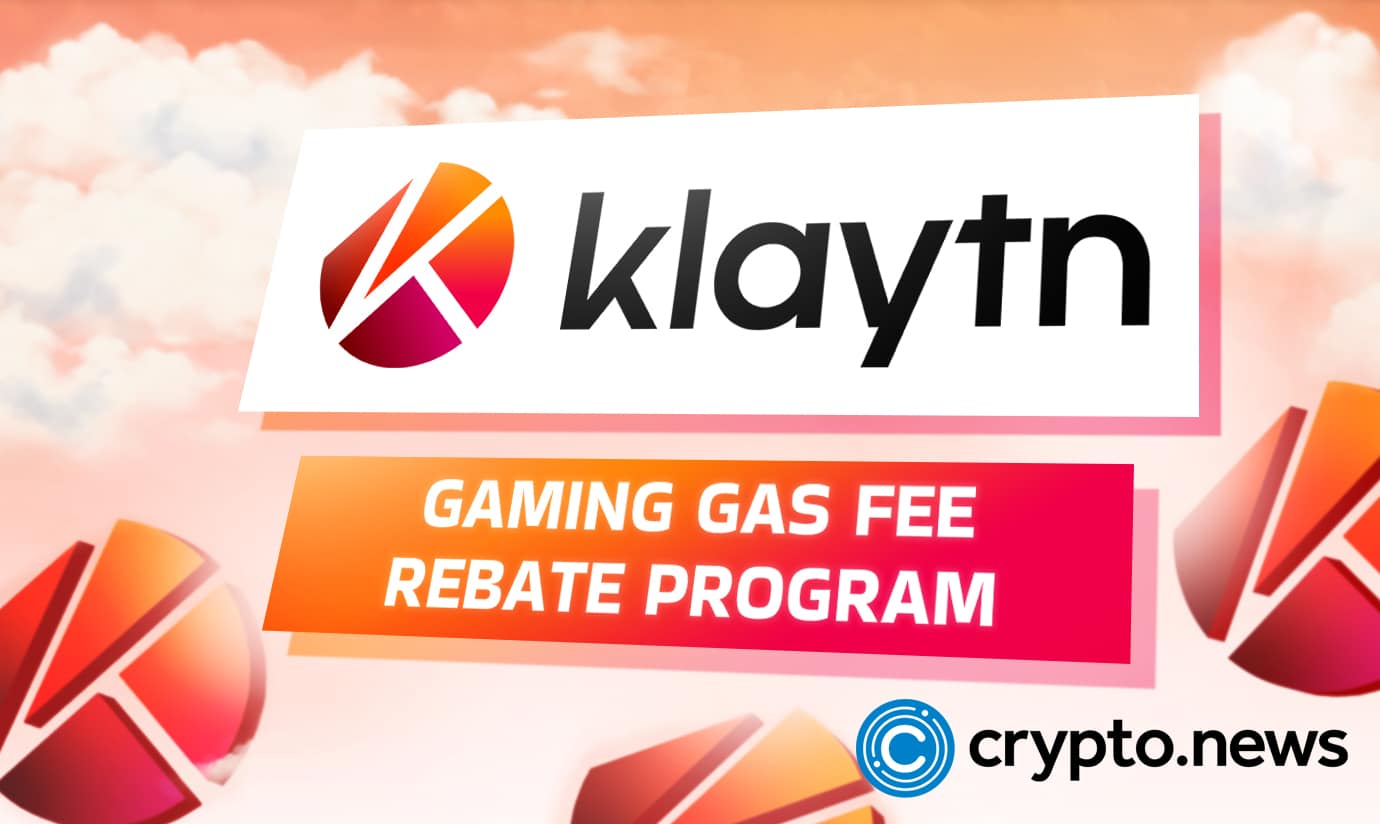2020-8-27 20:08 |
Starbucks, one of the leading coffee makers across the globe with thousands of stores, has turned to blockchain to help its customers trace the origin of their coffee.
Starbucks believes that blockchain technology would enable users to scan a bar-code on their coffee bags to find out where the coffee was farmed, the time it took to reach their retail store from the farmlands, and much more. The farmers responsible for producing the coffee would be given a reverse code to track their products destination as well.
The blockchain tracing system would use the Microsoft Corp tool that would enable Starbucks to share some of the most extensive traceability data, which the firm has been collecting over the years, with their customer base.
Michelle Burns, the vice-president of Starbucks, commented on their decision to introduce blockchain-based traceability system:
“We have been able to trace every coffee we buy from every farm for almost two decades, that allowed us to have the foundation to now build a user-friendly, consumer-driven tool that certainly provides that trust and confidence to our customers that we know where all of our coffee comes from.”
The largest coffee-retail chains move to incorporate blockchain traceability is seen as a way to appeal to millennial customers in their ecosystem. The coffee maker believes that the new generation is quite particular about the products they consume, from how they're sourced to how they reached the supermarket. The introduction of the traceability of products would interact more millennials to the platform.
Blockchain Technology Use For Food Traceability on the RiseBlockchain technology has been considered for a wide array of industries, despite many of these companies having initial reservations for cryptocurrencies and tokens. Many mainstream tech firms are actively investing in technology or developing enterprise-grade solutions. The food supply-chain industry has turned out to be the largest adopter of the blockchain tech.
In the past couple of years, primary food and beverage brands have turned to blockchain to streamline the food traceability process. Some of the most recognizable brands that have turned to blockchain include Nescafe, J.M. Smucker Co., and Jacobs Douwe Egberts.
The post Starbucks Introduces Blockchain Coffee Tracing System For Customers and Farmers first appeared on BitcoinExchangeGuide.
origin »Bitcoin price in Telegram @btc_price_every_hour
High Performance Blockchain (HPB) на Currencies.ru
|
|













